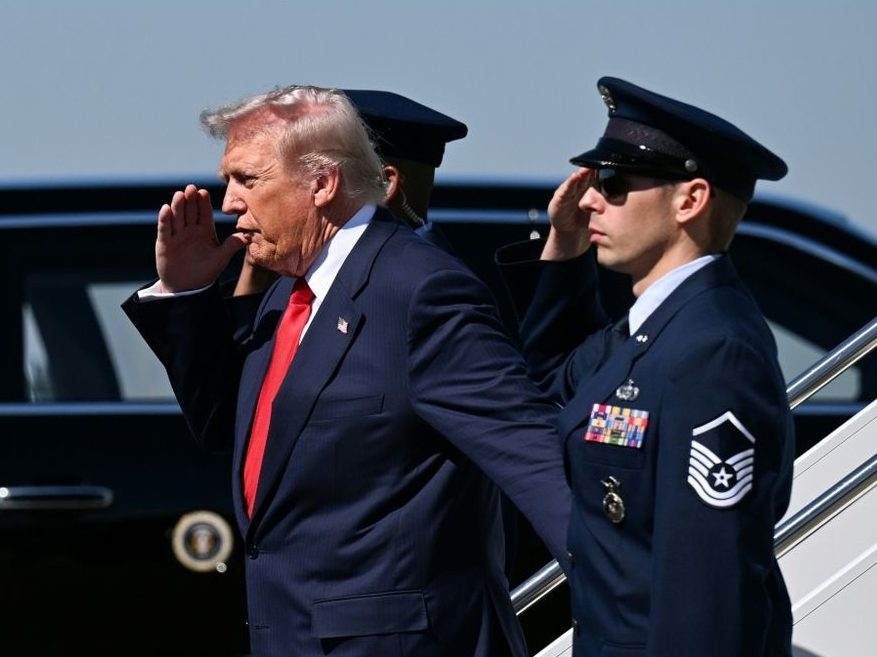Former President Donald Trump issued a stark warning Saturday, threatening direct U.S. military intervention in Nigeria if the nation fails to halt the escalating violence targeting Christians. The declaration, delivered via his Truth Social platform, outlined a potential response he described as swift and overwhelming.
Trump claimed he had directed the Department of Defense to formulate a plan for a possible attack, following his assertion that Christianity in Nigeria faces an “existential threat.” He vowed to halt all aid to Nigeria and potentially deploy forces “guns-a-blazing” to eradicate what he termed “Islamic Terrorists” responsible for “horrible atrocities.”
The former president’s language was particularly forceful, promising an offensive that would be “fast, vicious, and sweet,” mirroring the brutality he attributes to the attackers. He issued a direct ultimatum to the Nigerian government, demanding immediate action to address the crisis.

Nigeria is grappling with a complex web of conflicts, impacting both Christian and Muslim communities. Experts emphasize the multifaceted nature of the violence, challenging claims of solely religiously motivated attacks.
Trump’s statements followed unsubstantiated claims of “thousands of Christians” being killed by “Radical Islamists.” These accusations have been amplified by conservative voices within the U.S. political landscape.
Earlier this year, Congressman Chris Smith advocated for Nigeria’s designation as a “Country of Particular Concern” (CPC) by the State Department, a move Trump subsequently enacted. Senator Ted Cruz and Representative Riley Moore have also accused the Nigerian government of inaction in the face of alleged “mass murder” of Christians.
Within Nigeria itself, narratives of Christian persecution have gained traction, fueled by existing ethnic, religious, and regional tensions that continue to shape the country’s political dynamics. Some U.S. officials have even gone so far as to characterize the situation as “genocide,” a claim vehemently denied by the Nigerian government.
President Bola Ahmed Tinubu responded to Trump’s CPC announcement, asserting that Nigeria’s national identity is rooted in religious freedom and tolerance. He maintained that the portrayal of Nigeria as religiously intolerant is inaccurate.
Nigeria’s demographic is roughly split between a Muslim-majority north and a predominantly Christian south. This division underscores the sensitivity surrounding accusations of religious bias and the potential for conflict.
The nation is already battling significant security challenges, most notably the decade-long Boko Haram insurgency in the northeast, which has resulted in over 40,000 deaths and displaced more than two million people. The United Nations reports the devastating scale of this conflict.
Central Nigeria also experiences frequent clashes between predominantly Muslim herders and Christian farmers, often stemming from disputes over land access rather than solely religious differences. This competition for resources exacerbates existing tensions and contributes to the ongoing instability.



